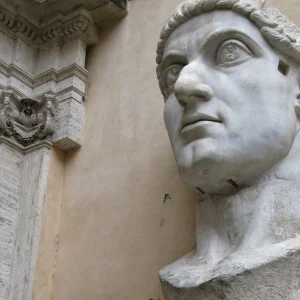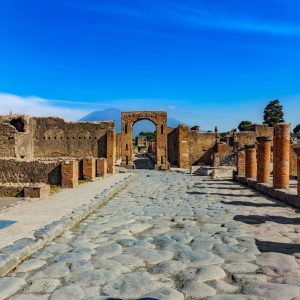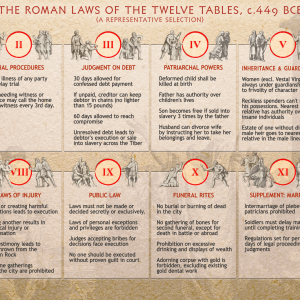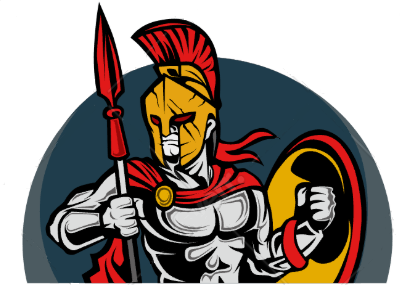LATEST POSTS
- All
- Decline of the Empire
- Legacy
- Lost decree?
- The most significant

The Edict of Milan, issued in 313 CE by Emperors Constantine I and Licinius, marked a turning point in religious history. By giving everyone the freedom to worship whichever god they choose, it put an official stop to the persecution of Christians. Most significantly, it recognized Christianity as a legitimate religion, allowing Christians to worship openly, build churches, and reclaim property that had been confiscated during earlier periods of…

Roman roads are among the most impressive achievements of ancient engineering, forming the most advanced transportation system of their time. The Roman Empire was at its largest when Emperor Trajan died in 117 AD, spanning from the Atlantic Ocean to Mesopotamia, from modern-day Scotland to the Sahara and the Arabian Gulf. Over 400,000 kilometers of Roman roads were in place, of which about 80,000 kilometers were paved. Built…

The Law of the Twelve Tables, which originated in 451-450 BCE during the Roman Republic, is the oldest codification of Roman law. To ensure that every Roman citizen could see them and understand their legal rights and obligations, these laws were written on twelve bronze tablets and put on public display in the Roman Forum. Before their creation, legal decisions were typically controlled by the upper class—the patricians—leaving…
